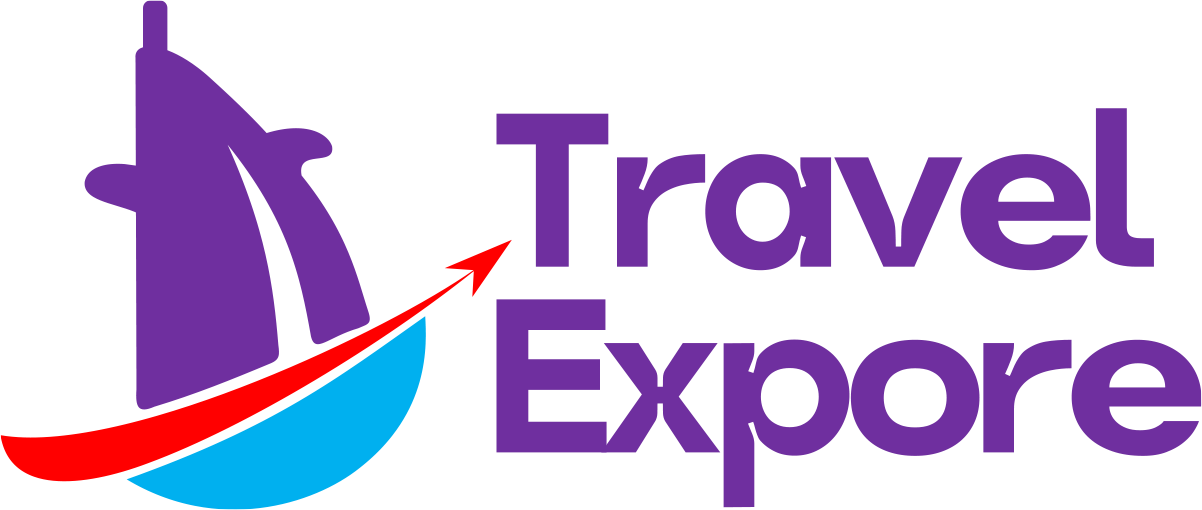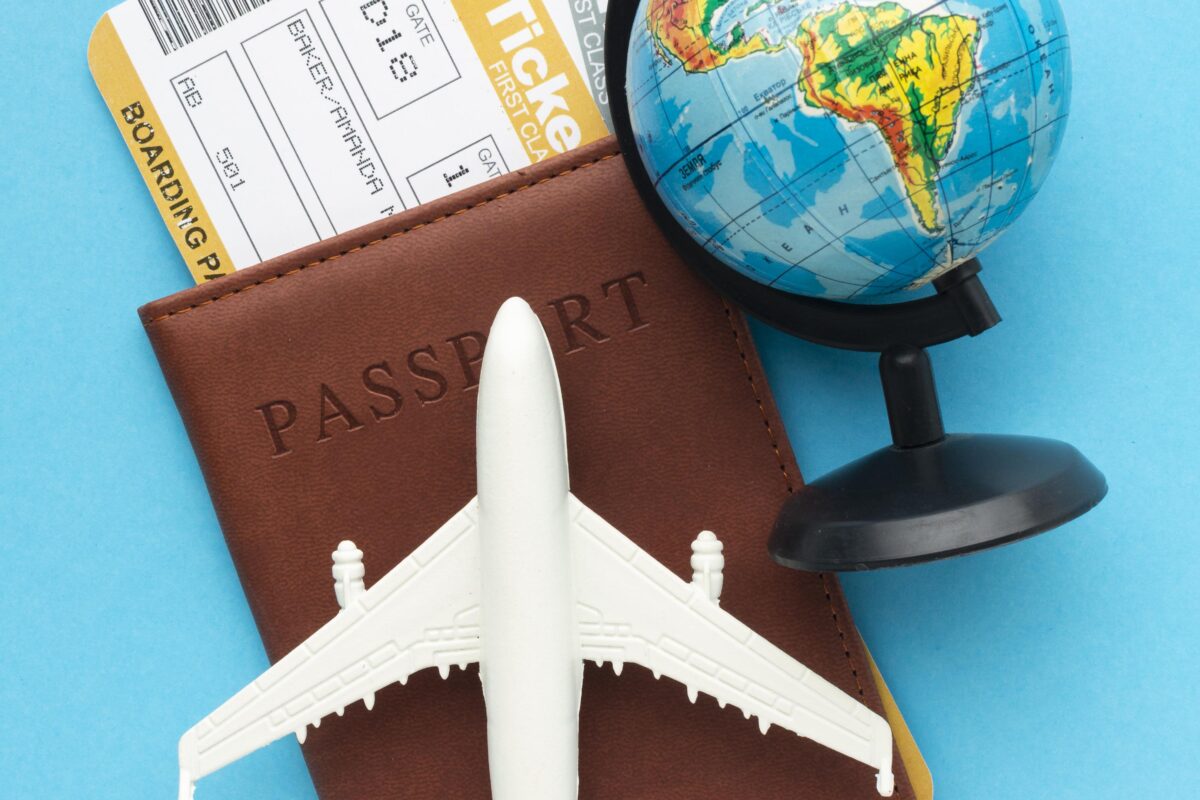In today’s fast-paced world, travel has become an integral part of our lives. Whether you’re embarking on a solo adventure, a family vacation, or a business trip, travel insurance can provide a much-needed safety net against unexpected events.
Why is Travel Insurance Essential?
- Medical Emergencies: Unexpected illnesses or injuries can incur substantial medical expenses, especially in foreign countries. Travel insurance often covers medical expenses, including hospitalization, emergency treatment, and evacuation.
- Trip Cancellation or Interruption: Unexpected events such as natural disasters, family emergencies, or illness can disrupt your travel plans. Travel insurance can reimburse you for non-refundable expenses or provide alternative arrangements.
- Lost or Stolen Baggage: Losing your luggage can be stressful, but travel insurance can help cover the cost of replacing essential items.
- Personal Liability: If you accidentally cause damage to property or injury to others while traveling, travel insurance can provide coverage for legal expenses.
- Evacuation: In case of political unrest, natural disasters, or other emergencies, travel insurance can cover the cost of evacuation to a safer location.
What to Look for in a Travel Insurance Policy
When choosing a travel insurance policy, consider the following factors:
- Coverage Limits: Ensure the policy covers medical expenses, trip cancellation, baggage loss, and personal liability up to your desired limits.
- Pre-existing Conditions: Some policies may have restrictions or exclusions for pre-existing medical conditions.
- Activities Covered: If you plan to engage in adventurous activities like skiing, scuba diving, or hiking, ensure your policy covers those activities.
- Exclusions: Be aware of any activities or conditions that are not covered by the policy.
Tips for Purchasing Travel Insurance:
- Buy Early: Purchase insurance as soon as you book your trip to ensure maximum coverage.
- Compare Policies: Research different insurers and compare prices, coverage, and exclusions.
- Read the Fine Print: Carefully review the policy terms and conditions to understand the coverage details.
- Consider a Comprehensive Plan: Opt for a policy that covers a wide range of contingencies.
Conclusion
Travel insurance is an essential investment that can provide peace of mind and financial protection during your travels. By understanding the benefits and choosing a suitable policy, you can ensure a worry-free and enjoyable journey.




